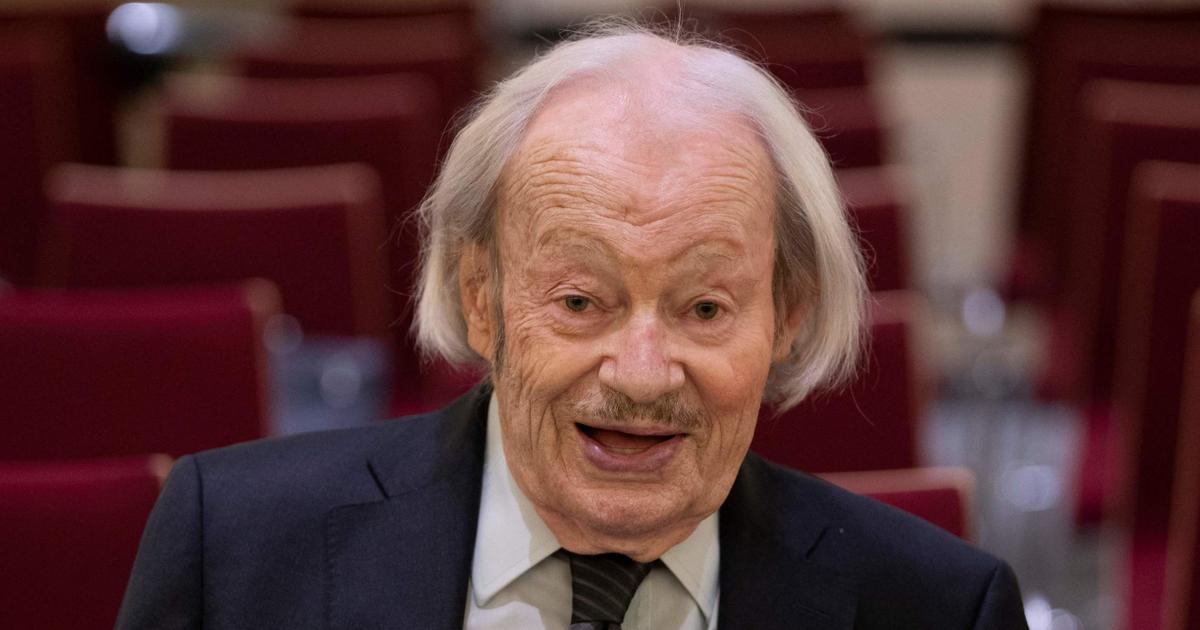Austrian composer Friedrich Cerha, who revived musical creation in Austria after the war, died in the capital on Tuesday at the age of 96, his family told the APA news agency.
Born in Vienna on February 17, 1926, this teacher quickly developed his own style, inspired by serialism - an invariable succession of sounds - then by impressionism - the pictorial use of sounds.
In the early 1960s, he wrote a great orchestral cycle,
Spiegel
, becoming an avant-garde figure constantly in search of new musical paths.
With a well-identified figure: medium-length hair, square glasses and a smirk.
But he will have to wait nearly 20 years to achieve international success with his opera
Baal,
according to Bertolt Brecht, which premiered at the Salzburg festival in 1981. It also incorporates sounds from non-European music, therefore watering his compositions at the Vienna Opera, the Venice Biennale - where he will be honored with a Golden Lion in 2006 - and prestigious European halls until 2016.
Read alsoDaniel Barenboim: “Pierre Boulez had a great sense of humanity”
Saying he composes "
as he breathes
", he found inspiration at dawn, "
when he is no longer sleeping deeply but is not yet awake
", as he will say in one of his last interviews granted to the daily.
Kurier.
Father of a range of varied scores, we also owe him the orchestration of the missing parts of the third act of
Lulu
, by Alban Berg, presented in Paris by Pierre Boulez in 1979. Also a conductor, he participated in the late 1950s to the creation of an ensemble,
Die Reihe
, offering musicians from his country to play something other than the usual repertoire.
Atheist in a conservative and Catholic country which considers itself the temple of classical music, a deserter in 1944 not to serve the Nazi regime, he was not always understood until the 1970s and suffered from being called a “
destroyer of traditional Austrian music
”.
On Tuesday, Austrian State Secretary for Culture, environmentalist Andrea Mayer, praised "
a journey and a work
" illustrating "
in a luminous and obvious way
" his "
personal courage
" to give music a "
new start
" .
after the Second World War.
"
Thanks to him, we realized how much new music needed a democratic spirit as a condition for it to flourish
”, she added in reference to the difficult Austrian memory work.

